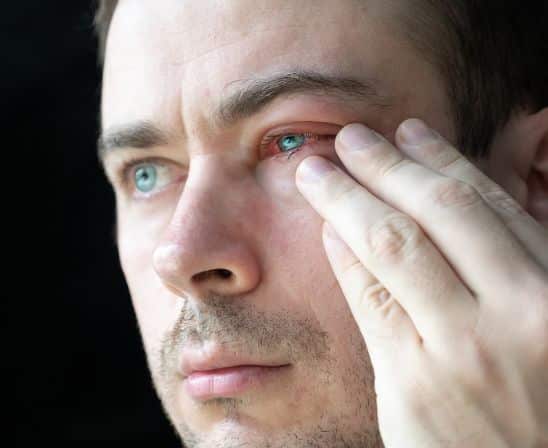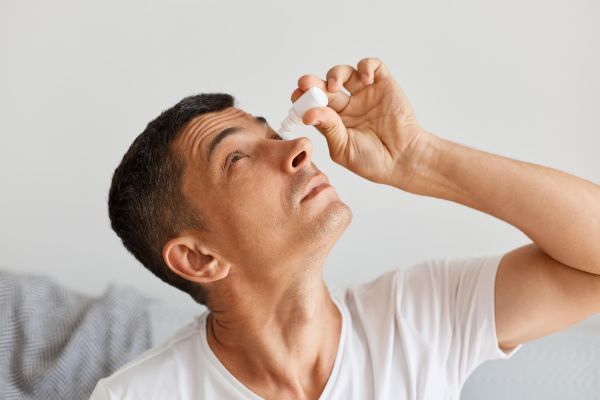Eye (Ocular) Allergy
Also called allergic conjunctivitis, eye allergy is an inflammatory reaction of the eyes to allergens in the environment. Like all allergies, eye allergy starts when the immune system identifies an otherwise harmless substance as an allergen. This causes your immune system to overreact and produce antibodies that release chemicals which cause an allergic reaction.
To find out more about Eye Allergy, please call us on 07 3345 3383 to make an appointment!
What Causes Eye Allergy?
- Outdoor allergens – pollen
- Most common cause
- Generally worse when outdoors on days with high pollen counts
- Indoor allergens – dust mites, pet dander, mould
- Generally worse when cleaning your house or grooming a pet
- Chronic causes – contact lens reaction
- Increased risk when contact lenses are not replaced regularly
- Vernal Keratoconjunctivitis – Atopy (genetic tendency for heightened immune response)
- Usually affects younger males in hot and dry climates
- Uncommon, severe form of allergy
- Causes thick, stringy mucous secretions, aversion to light, and severe redness and itching
- Potentially blinding if untreated
- Atopic Keratoconjunctivitis – Atopy (genetic tendency for heightened immune response)
- Usually affects children who have the skin condition, atopic dermatitis (eczema)
- Severe form of allergy
- Causes thick, stringy mucous secretions, severe redness and itching in and around the eyes, aversion to light
- Potentially blinding if untreated
Signs Of Eye Allergy
Symptoms can occur in one or both eyes:
- Watery
- Itching
- Burning
- Swelling
- Redness

Ocular Allergy Treatment
Our therapeutically qualified optometrists can prescribe prescription-only eye drops:
- Antihistamine
- Reduce symptoms of itching, redness and swelling
- Mast cell stabilizer
- Prevents the release of histamine that causes allergy symptoms.
- Must be used before you’re exposed to an allergen
- Corticosteroid
- Treats chronic, severe eye allergy symptoms such as itching, redness and swelling.
- Long-term treatment with steroids (>2 weeks) should only be done under the supervision of an ophthalmologist.
- Side effects of continued use include risk of infection, and early-onset glaucoma and cataracts.
- NSAID (Non-steroidal anti-inflammatory drugs)
- Relieves itching
- May cause stinging or burning when applied
Pharmacy’s are equipped to provide over the counter medications:
- Allergy eye drops
- Can be mildly effective in relieving itching and redness
- Oral allergy medication
- Can be mildly effective in relieving itching
- May cause dry eyes and worsen symptoms
- May cause side effects such as sedation, excitability, dizziness or disturbed coordination
You can also consult an allergist for additional treatment options:
- Allergy shots (immunotherapy)
